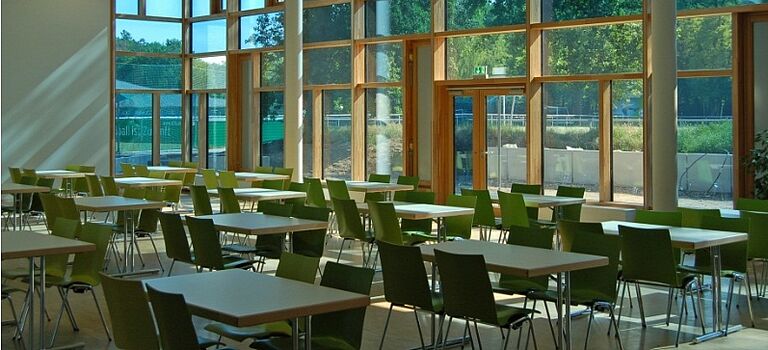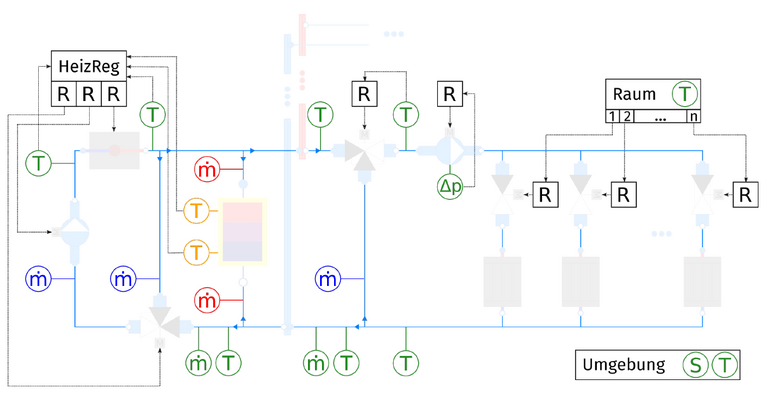One deZem-iPC collects hundreds of metering values in the school building
The primary school in Hohen Neuendorf is on its way to becoming a "PlusEnergy School", which will generate more energy than it consumes in the future. This can only be achieved through innovative architecture and building technology with excellent energy monitoring.
Project goals
- Function verification and functional analysis for the entire energy system (commissioned by HTW-Berlin)
- Positive energy balance for the accounting period
- Energy balance taking into account comfort parameters with regard to lighting, heat and room air quality
- Continuous comparison of forecasts and actual consumption
- Early detection of errors in building technology
- Research, development and testing of new methods of building automation
"With deZem's technology, we were able to quickly create the database which this research project needs. Especially the live visualisation of metered data was a good help for the commissioning of the monitoring system and enables us to continuously review the system quality.‟
Sebastian Dietz, HTW Berlin
Technical implementation
- An iPCX as central data logger via different interfaces
- M-Bus: electricity, heating and water (approx. 260 metering points)
- BACnet: Temperatures, air flows, humidities, operating conditions of systems (approx. 90 metering points)
- KNX: states and system variables - lighting and dimming (approx. 50 metering points)
- Meteorological data via special interface to the weather station (11 metering points)
- Data management in the deZem data center
- Software for visualisation and analysis: deZemVis
Benefits and Achievements
- Diverse detailed data as an empirical basis for research
- Encouraging lessons in physics, energy and the environment
- Detection of incorrectly positioned sensors in the building management system
- Detection of incorrectly configured night ventilation
- Optimised ventilation system operating times
Project start: January 2012
Scientific project management:
HTW Berlin
Supported by the programme "Energieoptimiertes Bauen" (EnOB) of the BMWi
Project start: November 2015
Project name: AutoEnEff
Scientific project management:
TU Berlin, Hermann-Rietschel Institute
Funded by the 6th Energy Research Programme of the BMWi


